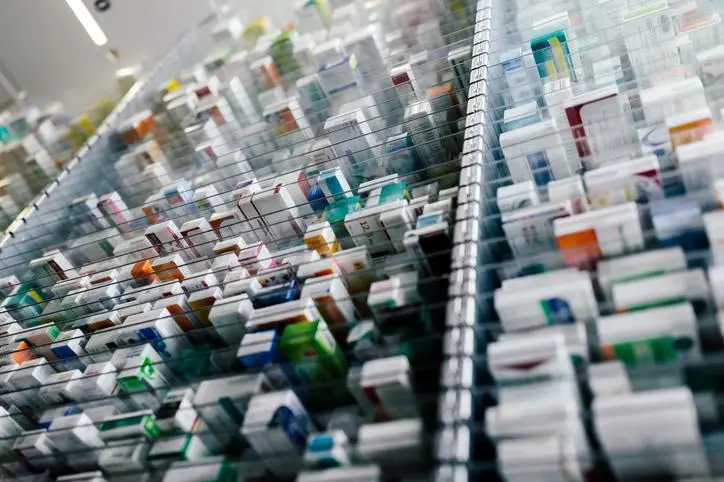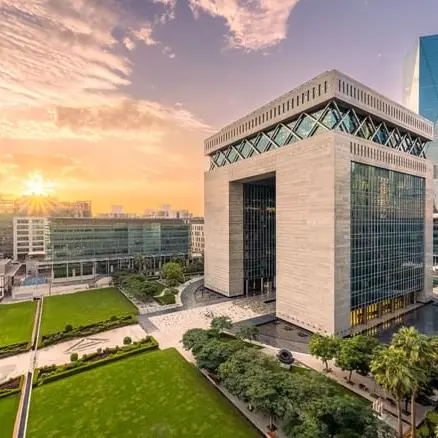PHOTO
“Rapid reforms in the healthcare sector in Saudi Arabia by the government and multinational companies is expected to propel growth of the Saudi Arabia pharmaceutical drugs market,” the report said.
Throughout 2020, a number of high-profile agreements and partnerships were announced within the sector.
Spanish pharmaceutical company Grifols in February signed an agreement with the Saudi sovereign wealth fund, the Public Investment Fund (PIF), to begin production of blood plasma-based medicines. The joint venture between Barcelona-based Grifols and the PIF will help the Kingdom develop plasma collection and donation centers and production facilities.
According to Grifols, it could take up to 12 months from the time of a plasma donation until the medicine was ready for use by patients. Doctors use plasma for different types of treatments, such as medical emergencies like burns and trauma, or serious illnesses such as types of cancer or hemophilia. Each patient can need between 130 and 1,200 plasma donations each year as part of their treatment.
The Saudi Ministry of Health in March also signed an agreement with French company Sanofi to start production of insulin products in the Kingdom, to help in the fight against diabetes, with the ultimate goal of scaling up production to be able to export to neighboring countries in the region.
Japanese drug-making giant, Takeda Pharmaceutical Co., was also aiming to boost its sales in the Kingdom, focusing on areas such as oncology, rare diseases, gastroenterology, and plasma-derived therapies.
HIGHLIGHTS
• The forecast was partly based on the Kingdom’s plans to expand local manufacturing capabilities, according to a report by US-based research company Coherent Market Insights.
• The Saudi Ministry of Health in March signed an agreement with French company Sanofi to start production of insulin products in the Kingdom, to help in the fight against diabetes.
Rodrigo Rodriguez, Takeda’s general manager for the Middle East, told Arab News: “From 2021 on, we expect growth in the Kingdom driven by these highly innovative inline products and the launches that we anticipate in key therapeutic areas.”
Over the next two years, the Tokyo-based company plans to launch five new products in Kingdom. “Saudi Arabia is a core market for Takeda, and a positive outlook is anticipated by us and by analysts. The Kingdom is the largest pharmaceutical market in the Middle East, and we are happily expanding,” Rodriguez said.
Pfizer, one of the world’s largest pharmaceutical companies, which has been operating in Saudi Arabia for six decades and has become famous recently for its coronavirus disease (COVID-19) vaccine, completed construction on its manufacturing and packaging facility in 2017.
Located in King Abdullah Economic City, Pfizer is planning further expansion in the coming years, as the Kingdom moves closer to realizing its Vision 2030 goals to diversify away from hydrocarbons and increase local production.
“Pfizer is an active player in Saudi Arabia and is in a continuous dialogue with multiple authorities to explore new opportunities, including investments, to support its vision and objectives,” Patrick van der Loo, regional president for Africa and the Middle East at Pfizer, told Arab News in February.
Looking to the future, one area highlighted for potential growth in the Coherent Market Insights report was dementia and developing drugs to treat the illness, as it is a prevalent condition among elderly Arab citizens.
Copyright: Arab News © 2021 All rights reserved. Provided by SyndiGate Media Inc. (Syndigate.info).





















